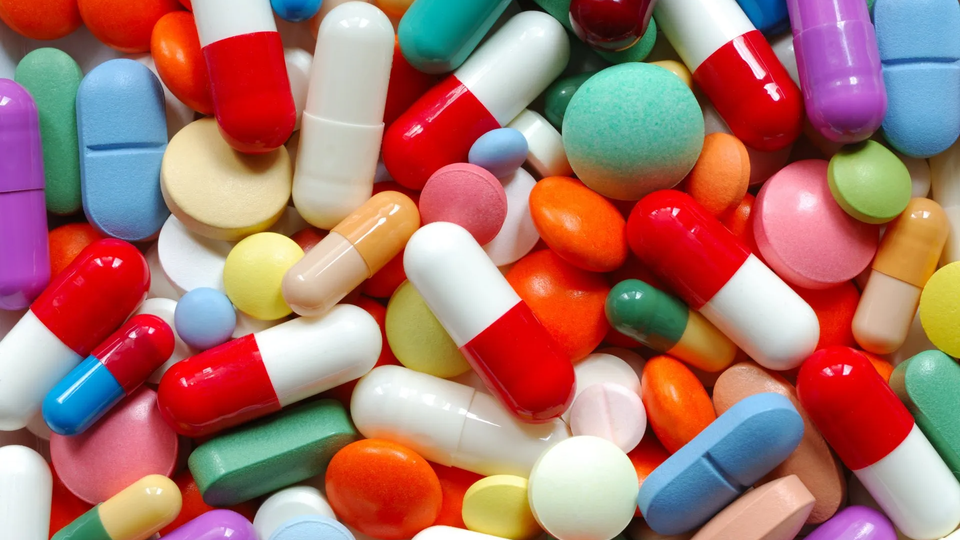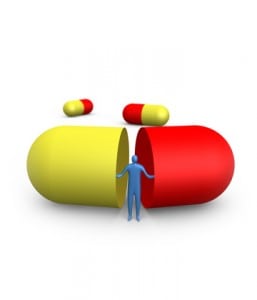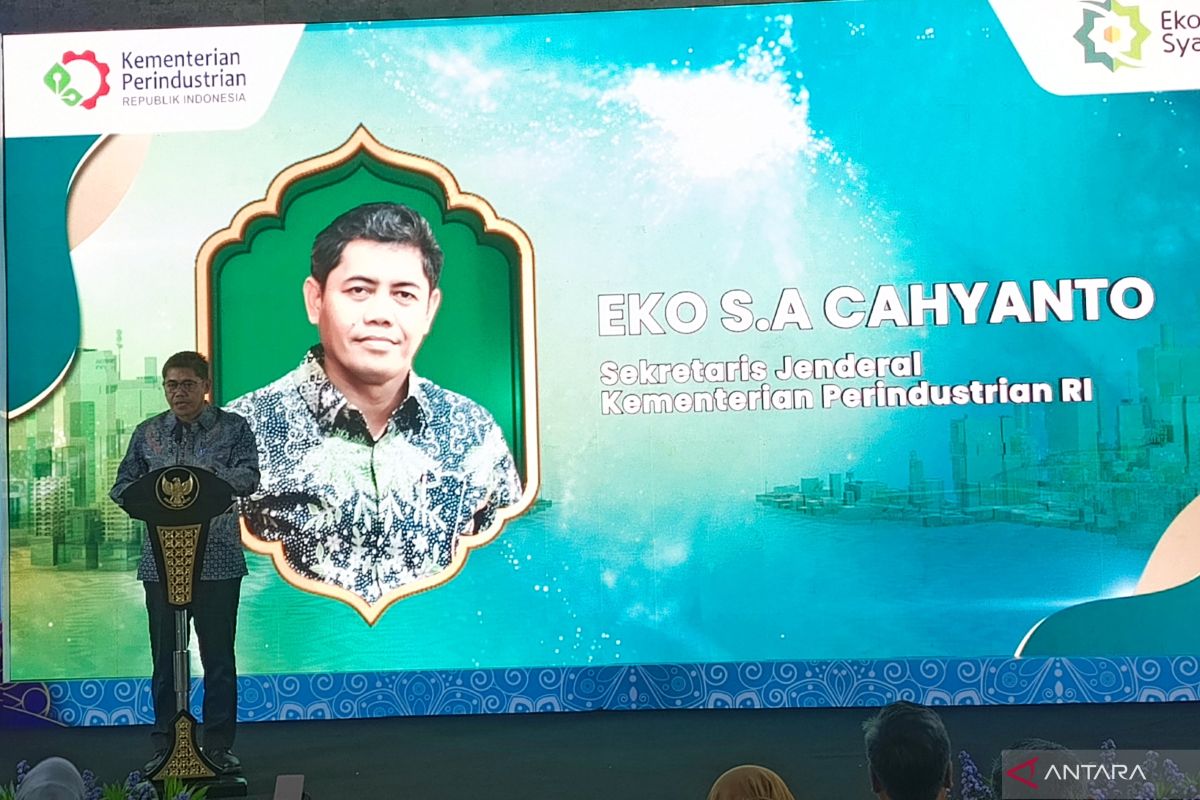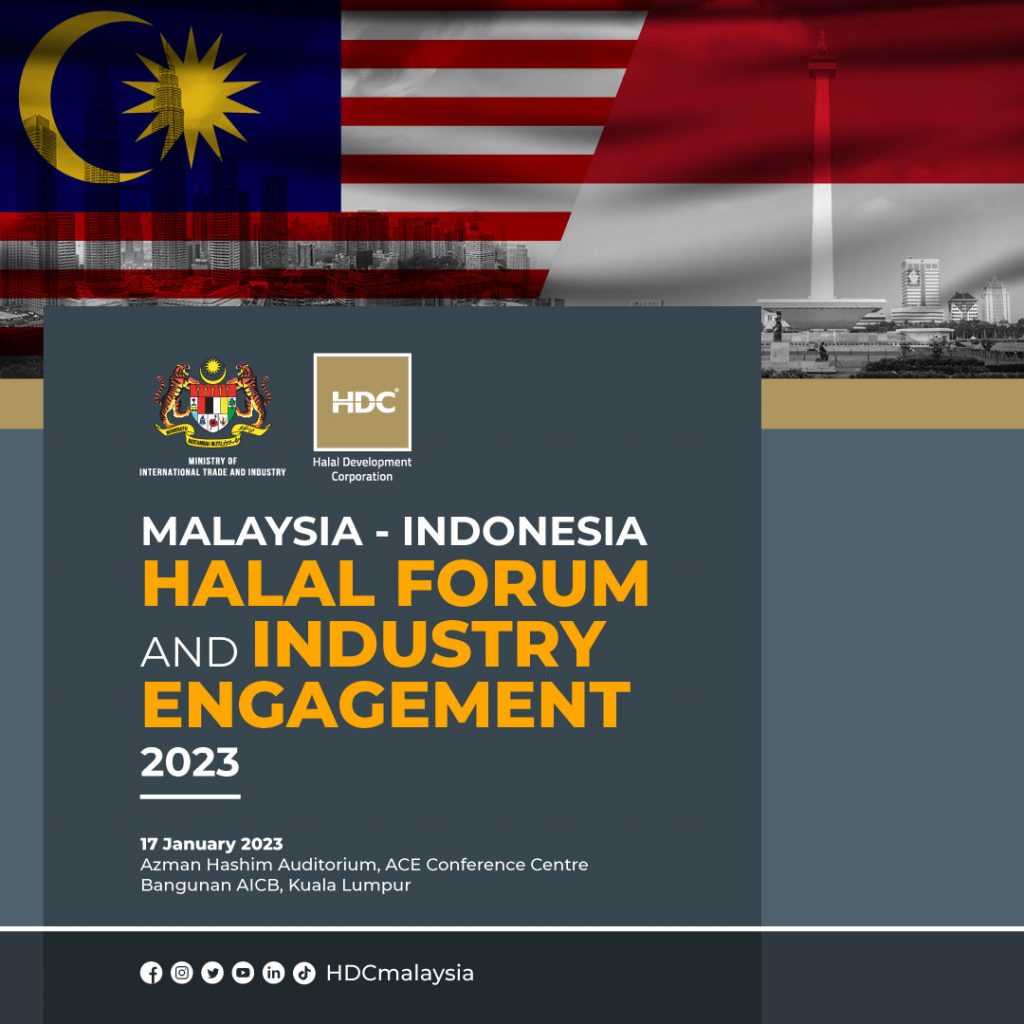Salman Ali – Halal Watch World

With Muslims constituting nearly a quarter of the world’s population, there has been an increased need for halal awareness within the pharmaceutical industry. Many of us, including Muslims, rely on modern medicine to cure our various ailments. Whether it’s popping a quick painkiller to cure a headache, or a trip to the doctor when our knee is feeling funny; we rely heavily on the pharmaceutical industry. Without our knowledge, the medication we take may contain ingredients (or excipients) that are not halal or are manufactured in a manner that is not aligned with Islamic values.
Halal pharmaceutical products are steadily gaining popularity throughout the world and are setting a new standard of safety and quality. Over the past two years, this emerging niche market has witnessed sudden developments and is estimated to reach 174.59 billion USD by 2025. Muslim-majority countries have adopted a regulated framework that guides the halal certification process for pharmaceutical products.
Let’s take a closer look at the halal pharmaceutical market.
What you need to know about halal pharmaceuticals
Halal pharmaceuticals contain ingredients that are halal, and are produced according to Islamic regulations. To be certified halal, every ingredient must be traceable. Products must not contain any ingredient derived from pig, alcohol, blood, predatory animals, human parts, or insects. Animal-derived ingredients must come from permissible animals slaughtered as per the method prescribed by Islamic law.
Moreover, the ingredients used must be safe for humans and should not be intoxicating nor should they be prepared with equipment contaminated by najis (impurity). Additionally, during its preparation; processing; handling; packaging; storage and distribution, halal pharmaceutical products need to be physically separated from any other pharmaceutical products that do not meet the aforementioned requirements.
Awareness within the Pharmaceutical Industry
When it comes to over-the-counter medication, there is a general lack of knowledge concerning its halal status. Most products contain high levels of alcohol or questionable animal by-products. In Muslim-majority countries, one can easily find halal-certified medication. If the situation allows, it is best for the halal-conscious consumer to seek halal-certified options; scan the ingredients list; or consult a trusted Muslim pharmacist.
Within the existing pharmaceutical industry, there is still plenty of work to be done to create a consistent awareness around ‘halal’. To develop the halal pharmaceutical market, halal certifying bodies need to ensure that it undergoes a well-regulated and harmonized halal accreditation procedure. Additionally, education is vital; medical practitioners need to be aware of the contents of the medication they prescribe and inform the general public accordingly.
With the growing awareness of halal pharmaceuticals, countries like Australia, the US, and Singapore have started investing in halal pharmacies.
Halal Pharmaceuticals in Malaysia
With more than half of its population composed of Muslims, Malaysia is the trailblazer in the certified halal pharmaceutical industry for its global halal pharmaceutical standards. In 2012, they produced the world’s first halal certification for pharmaceuticals. Their new halal standard has expanded the scope for halal certifying bodies to address the demands in biologics and the search for halal vaccinations.
The Malaysian government has introduced a comprehensive set of guidelines called the Malaysian Standard of Halal Pharmaceuticals: General Guidelines. This provides pharmaceutical companies with the necessary guidelines to benefit the health and safety of the general public; it also facilitates the successful entry of domestic pharmaceutical manufacturers into the global halal pharmaceutical market.
Additionally, their processes are in accordance with halal regulatory bodies, therefore, providing peace of mind to the halal-conscious consumer when purchasing pharmaceutical products.
Malaysian Pharmaceutical Society’s President, Amrahi Buand, said that for pharmaceutical products to be halal-certified, it has to meet the necessary safety; efficacy; quality, and hygiene requirements.
Conclusion
With more Muslims becoming curious about the origins of their medication, the demand for halal pharmaceuticals increase. This provides an opportunity for the pharmaceutical industry to look into producing halal pharmaceutical products, and to position themselves to become more competitive in penetrating the global halal industry.
With a dependable and globally accredited halal certification system for pharmaceutical products, pharmaceutical companies will not only provide an added layer of assurance for the halal conscious consumer, but they will also ensure the health and safety of the global population.
Works cited:
Saha, T., Rifat, T., & Shimanto, S. (2019). Prospects of Halal Pharmaceuticals. Asian Journal of Ethnopharmacologyand Medicinal Foods, 5(2), 17-22. https://www.researchgate.net/publication/332671712_Prospects_of_Halal_Pharmaceuticals
Norazmi, M. N., & Lim, L. S. (2015). Halal pharmaceutical industry: opportunities and challenges. Trends in Pharmacological Sciences, 36(8), 496–497. doi:10.1016/j.tips.2015.06.006



